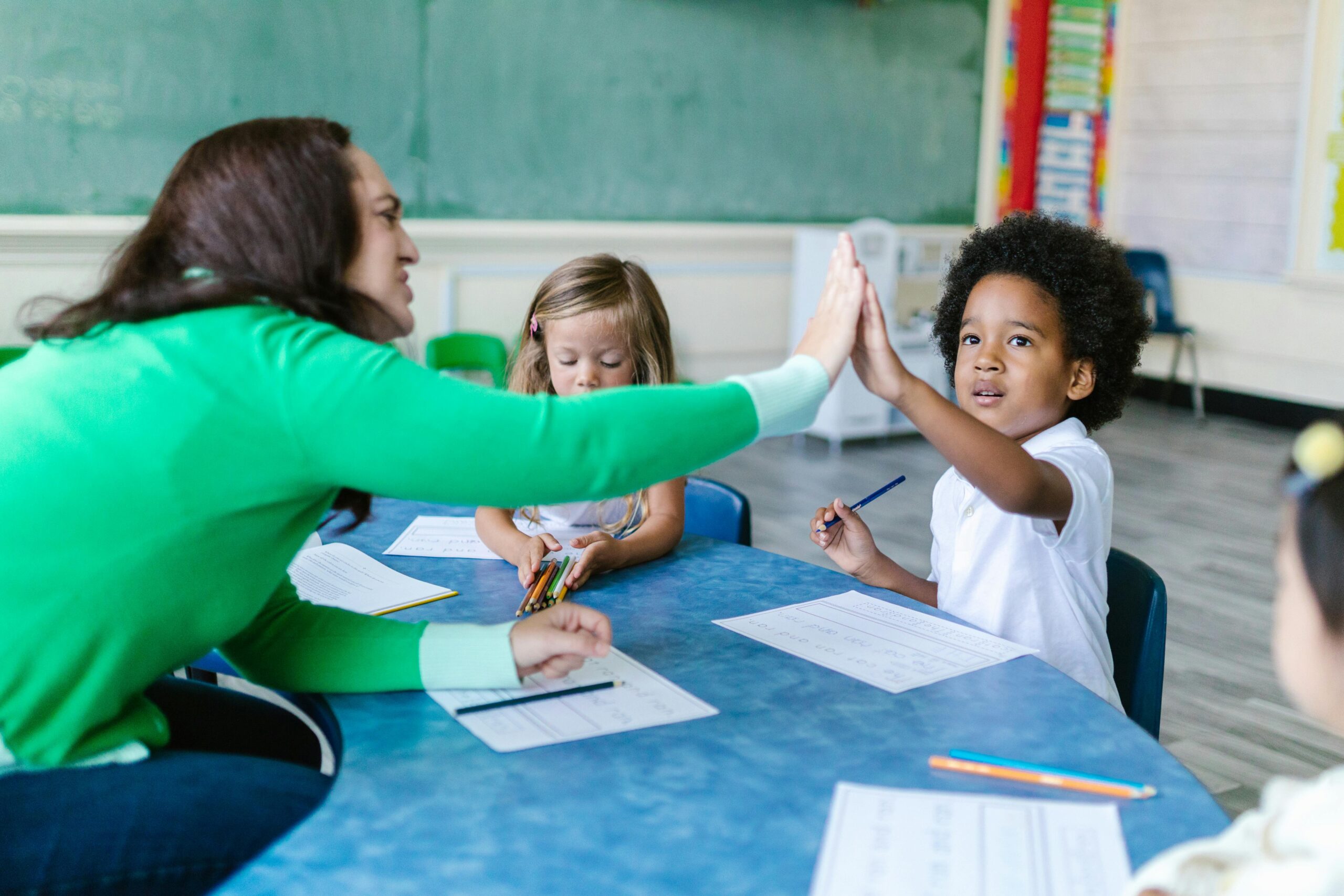What do we mean by SEMH?
18 March 2025

Social, Emotional, and Mental Health (SEMH) refers to a broad spectrum of challenges that children and young people may face, affecting their ability to engage effectively in educational settings. These challenges encompass difficulties in managing emotions, forming and maintaining relationships, and exhibiting appropriate behavioural responses. Recognising and addressing SEMH needs is crucial for fostering an inclusive and supportive educational environment.
Understanding SEMH
SEMH encompasses various issues, including anxiety, depression, conduct disorders, and other emotional difficulties. These challenges can manifest in behaviours such as withdrawal, aggression, or disengagement from school activities. The UK’s Department for Education (DfE) acknowledges that SEMH is a type of Special Educational Need (SEN), highlighting the importance of providing tailored support to affected pupils.
Impact of Poor Mental Health in Schools
The implications of unmet SEMH needs in educational settings are profound:
- Academic Achievement: Students grappling with mental health issues are at a higher risk of underperforming academically. A study by the National Centre for Social Research found that children experiencing poor mental health are three times more likely not to pass five GCSEs, including maths and English, compared to their peers (The Guardian, 2021).
- Teacher Workload and Wellbeing: Educators often find themselves on the frontline, addressing the mental health needs of their students. Research by YoungMinds reveals that nearly two-thirds of teachers supported individual pupils with their mental health up to once a week or more in the last academic year, with 10% providing such support more than once a day. This additional responsibility can contribute to increased stress and burnout among teaching staff (YoungMinds, 2024).
- Access to Support: Despite the evident need, many students struggle to access adequate mental health services. A study involving Year 13 students indicated that 32% of those in state schools felt their school’s mental health support was insufficient, compared to 16% in private schools (TES, 2024).
The Need for Understanding and Support
Addressing SEMH needs requires a comprehensive approach:
- Early Identification: Recognising signs of SEMH difficulties early can lead to timely interventions, preventing escalation and promoting better outcomes.
- Whole-School Approach: Creating an environment that prioritises mental wellbeing involves training staff, implementing supportive policies, and fostering a culture of openness.
- Collaboration with External Agencies: Partnering with mental health professionals and organisations ensures that students receive specialised support when necessary.
- Student Involvement: Encouraging students to participate in discussions about mental health can empower them and reduce stigma.
- Conclusion
Understanding and supporting SEMH needs is vital for the holistic development of students and the overall health of the educational community. By fostering an environment that recognises and addresses these challenges, schools can enhance academic outcomes, improve teacher wellbeing, and promote a culture of inclusivity and support.
References
- The Guardian. (2021). Poor mental health leaves pupils three times less likely to pass five GCSEs. Retrieved from: https://www.theguardian.com/education/2021/jul/26/poor-mental-health-leaves-pupils-three-times-less-likely-to-pass-five-gcses
- YoungMinds. (2024). Nearly three-quarters of teachers believe poor mental health support is having a negative impact on learning. Retrieved from: https://www.youngminds.org.uk/about-us/media-centre/press-releases/nearly-three-quarters-of-teachers-believe-poor-mental-health-support-is-having-a-negative-impact-on-learning
- TES. (2024). School mental health support lacking, student survey finds. Retrieved from: https://www.tes.com/magazine/news/secondary/school-mental-health-support-lacking-student-survey

THE TIME FOR KINDNESS
AND CONNECTION IS NOW
We know just how busy you are. We’d love to chat to you about how these courses work and the impact they will have on your school. You may also be unsure about what level of training your school may need – let’s talk!
We’ll get to know you, your school and the needs of your children, staff and community to deliver a bespoke and unique session.
Catch up on news!
Things move quickly. Here you’ll find our thoughts, ideas, research and musings on industry developments and the world of kindness and connection. Take a read..



